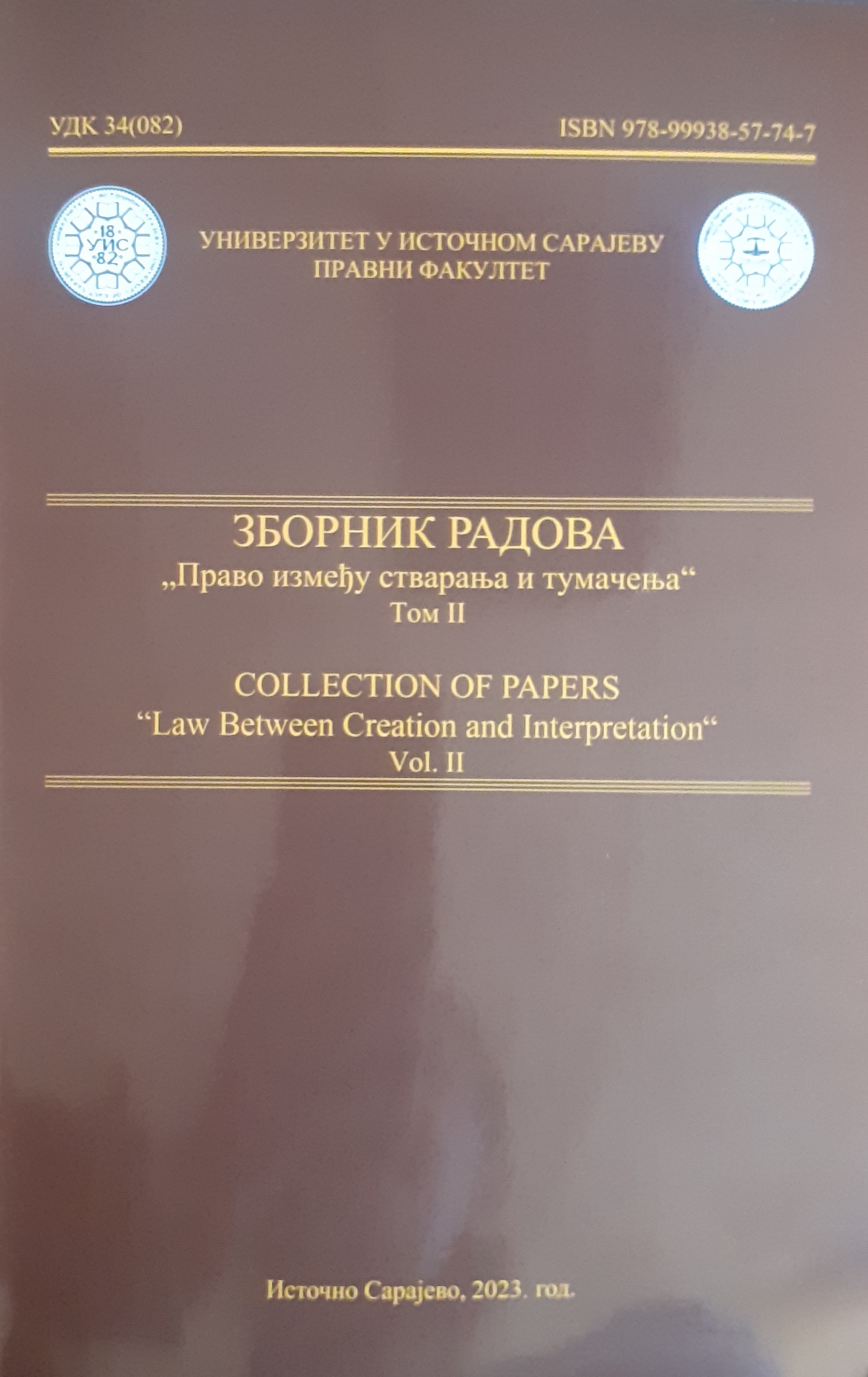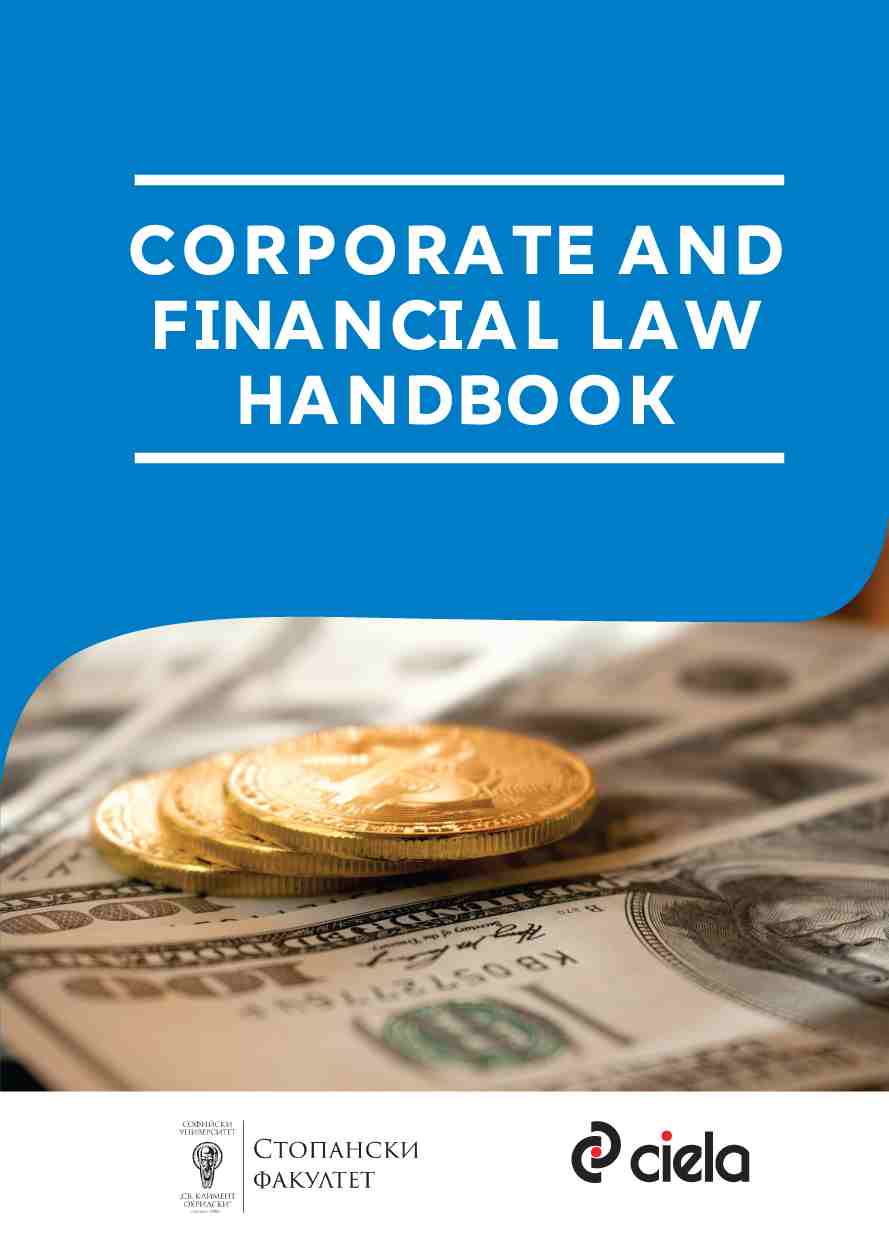
Забрана уговорних ограничења на производима - случај Impression Prods., Inc. v. Lexmark Int'l, Inc.
The decision of the US Supreme Court in Impression Products v. Lexmark Int'l. sets a precedent and establishes a regime of international patent exhaustion in the US. According to this ruling, a patent holder who sells a product exhausts the patent authority on that product, regardless of any restrictions it intends to impose on the product or the location of the sale. This ruling significantly weakened the position of US patent holders. The ban on post-sale restrictions in Impression Products is a crude instrument compared to the justifications offered for it. In its favor, the rule of per se exhaustion on sale is simple and easy to understand, but because it is categorical, it does not distinguish the harmful effects of post-sale contractual restrictions from the many beneficial ones. US antitrust law on limited distribution began similarly, adopting categorical rules per se that changed and eventually gave way to nuanced treatment under the rule of reason. An examination of the types of contractual restrictions imposed in patent exhaustion cases indicated that they are used for different purposes and with different effects. Therefor, introducing a complete ban on imposing post-sale restrictions come in various forms, with different effects on competition or innovation. The system of rules for reviewing and enforcing such restrictions must take these differences into account, and patent laws should include provisions that should be sensitive to the different market situations in which patents may arise. by introducing a complete ban on contractual restrictions on products and the international patent exhaustion regime, US Supreme Court significantly changed the previous practice of lower courts and allowed parallel trade. Therefor, it significantly affects the business practice of economic entities in the USA, which will have to change the current concepts of placing products on the market that are covered by patent protection.
More...
